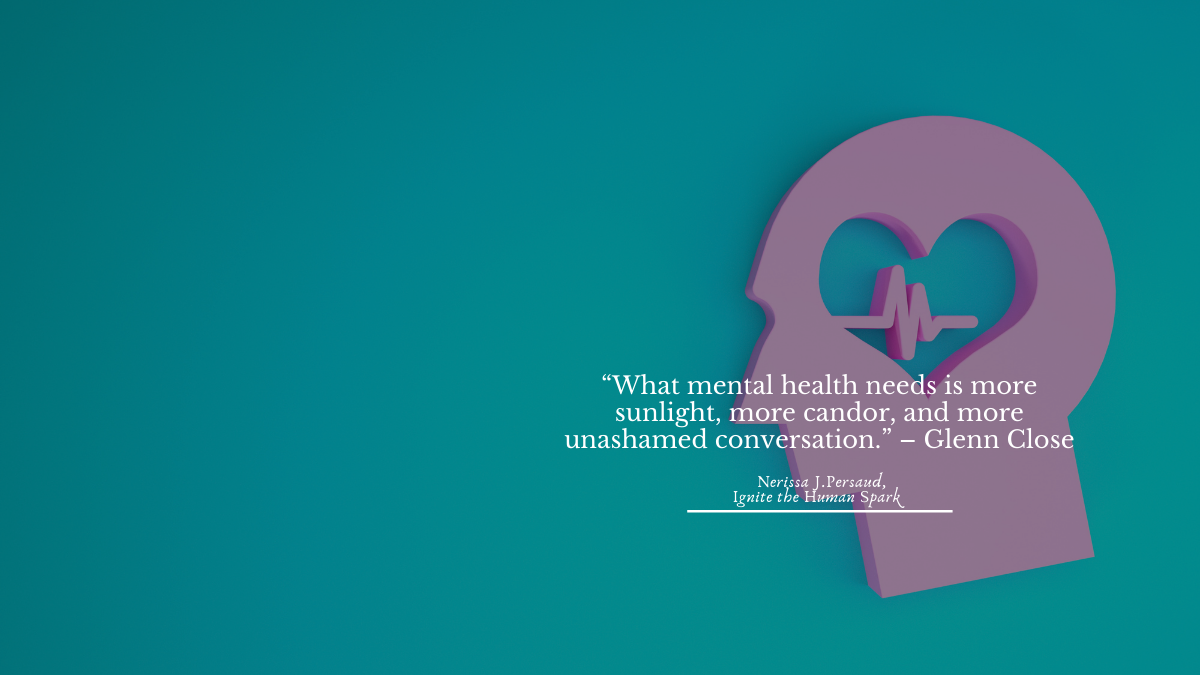The Mental Health Crisis is real, and if you only read the headlines, you’ll run the risk of missing the full scope of the problem. While mental health has become a hot topic for the media and many across the world, it is fair to say that most people still do not have a real understanding of just how big, arduous and potentially damaging the crisis of ‘Mental Health’ really is—on both a societal and personal level.
In a 2020 Lancet Commission on Global Health and Sustainable Development, an alarming one billion people worldwide were estimated to suffer from a mental illness with anxiety and depression, leading in cases adding to a total loss of productivity that costs the global economy US$ 1 trillion each year. In total, poor mental health was estimated to cost the world economy approximately $2·5 trillion per year in poor health and reduced productivity, a cost projected to rise to $6 trillion by 2030.
Today, the word alone, ”Mental Illness or Disorder,” continues to carry a societal shame or reflection of weakness that breathes unease, making it harder for anyone who needs help to seek it without fear of judgement. A stigma that further seals a culture of suffering in silence or being ignored by friends, family and co-workers who themselves find it uncomfortable opening the door to these essential conversations.
These alarming findings only underscore the need for us all to get involved in one way or another. The Mental Health Crisis isn’t a ‘ME’ or ‘YOU’ problem but a ‘WE’ responsibility with businesses, institutions, and communities full centre of rethinking their motivations, power and influence to leading a healthier future. Further breaking the cycle on the misconceptions and stigmas that derail potential good intentions. Promoting environments that see Mental Health not only as a state of well-being in which an individual realizes his or her abilities, can cope with the everyday stresses of life, work productively, and contribute to their community but as a PRIORITY.
The topic of Mental Health can no longer be seen as an isolated issue but a global one, and we are not immune. The corresponding link of each ecosystem creates a balance or lack thereof, intensifying the crisis. Which are you willing to prioritize?
Further reading resources on Mental Wellness, Productivity, Resilience and Hope:


